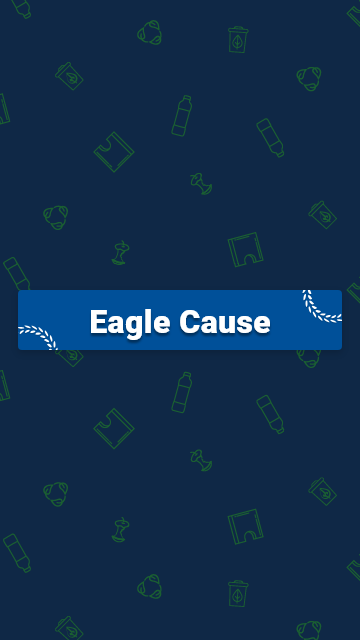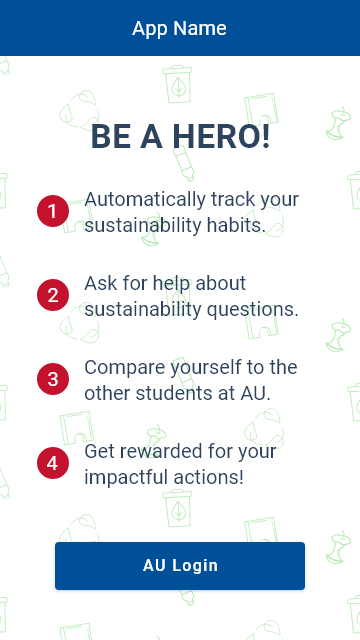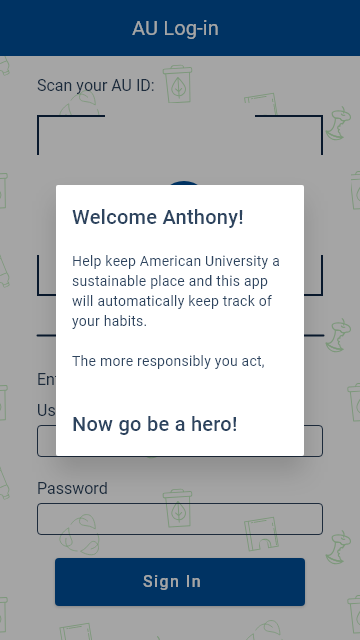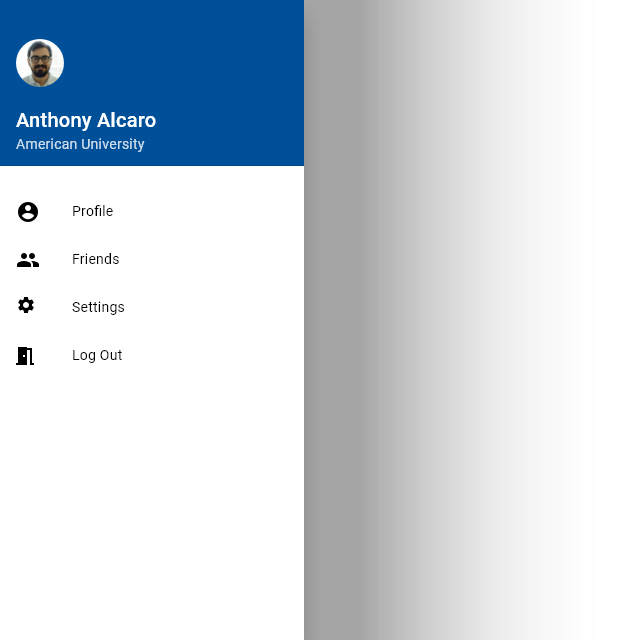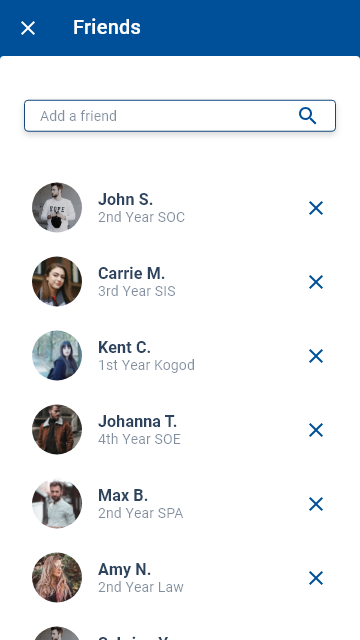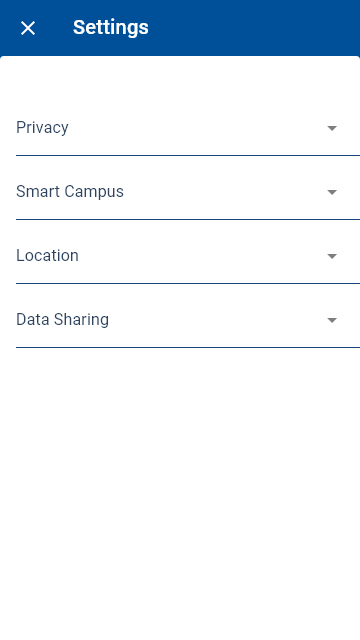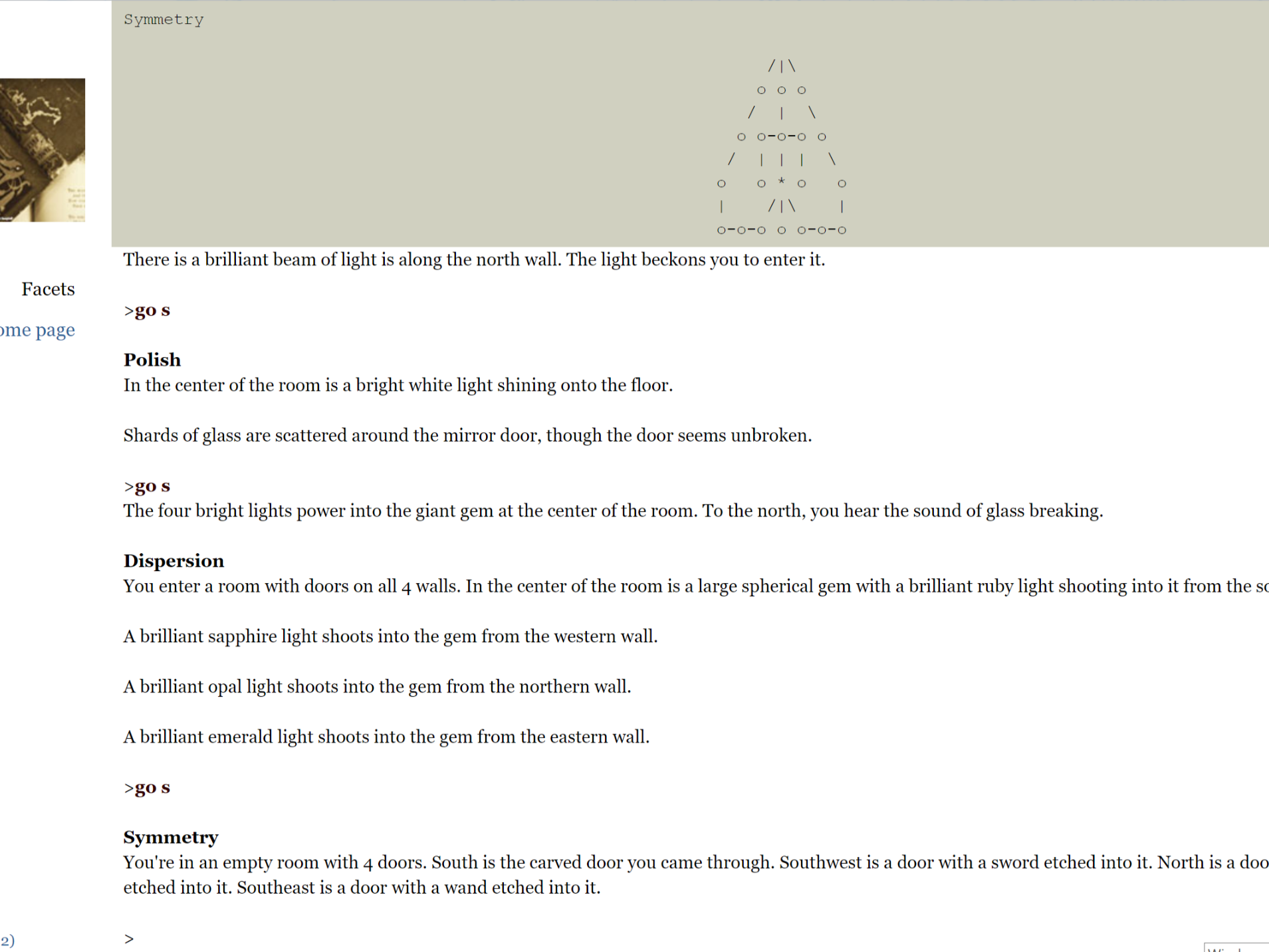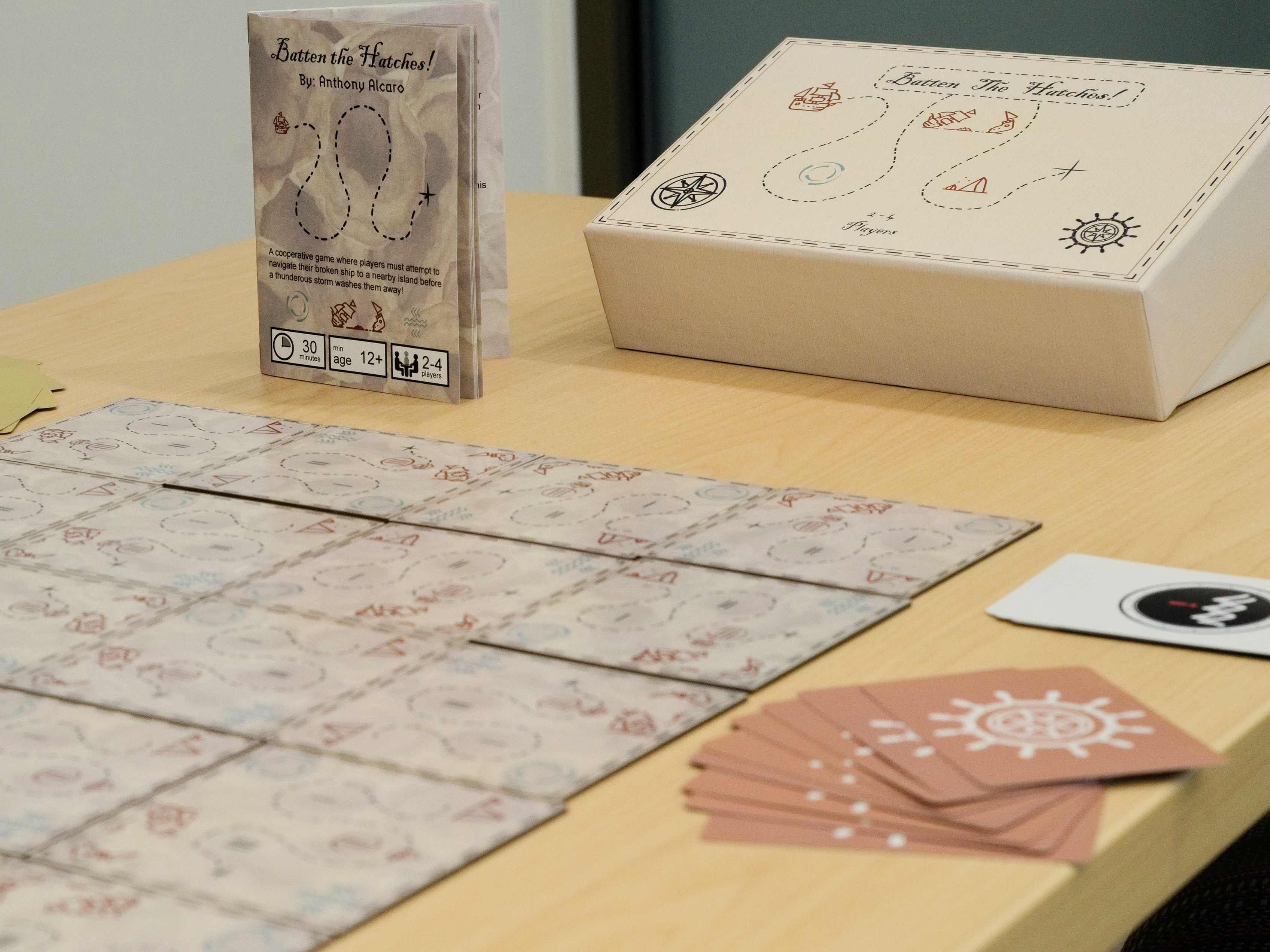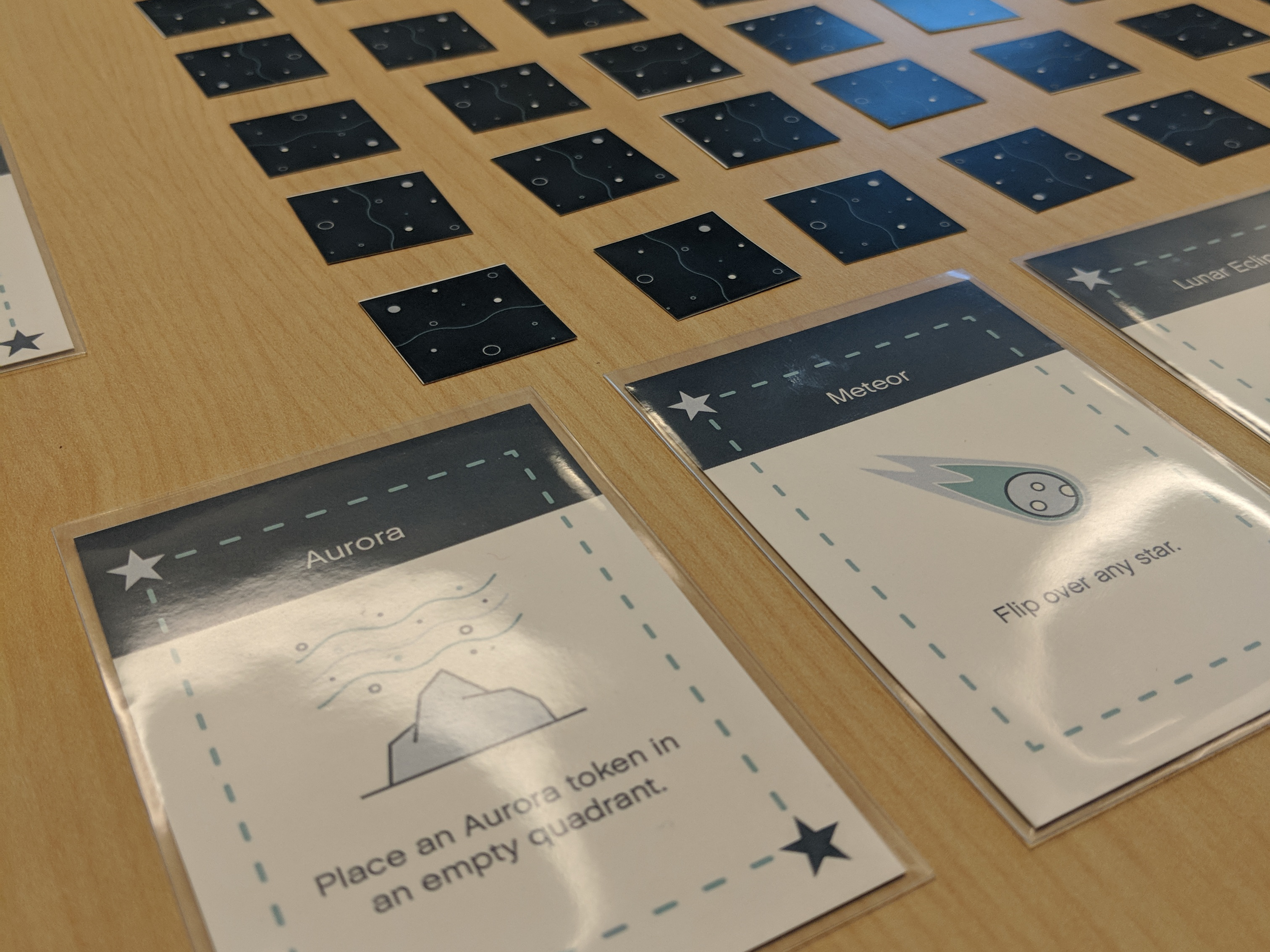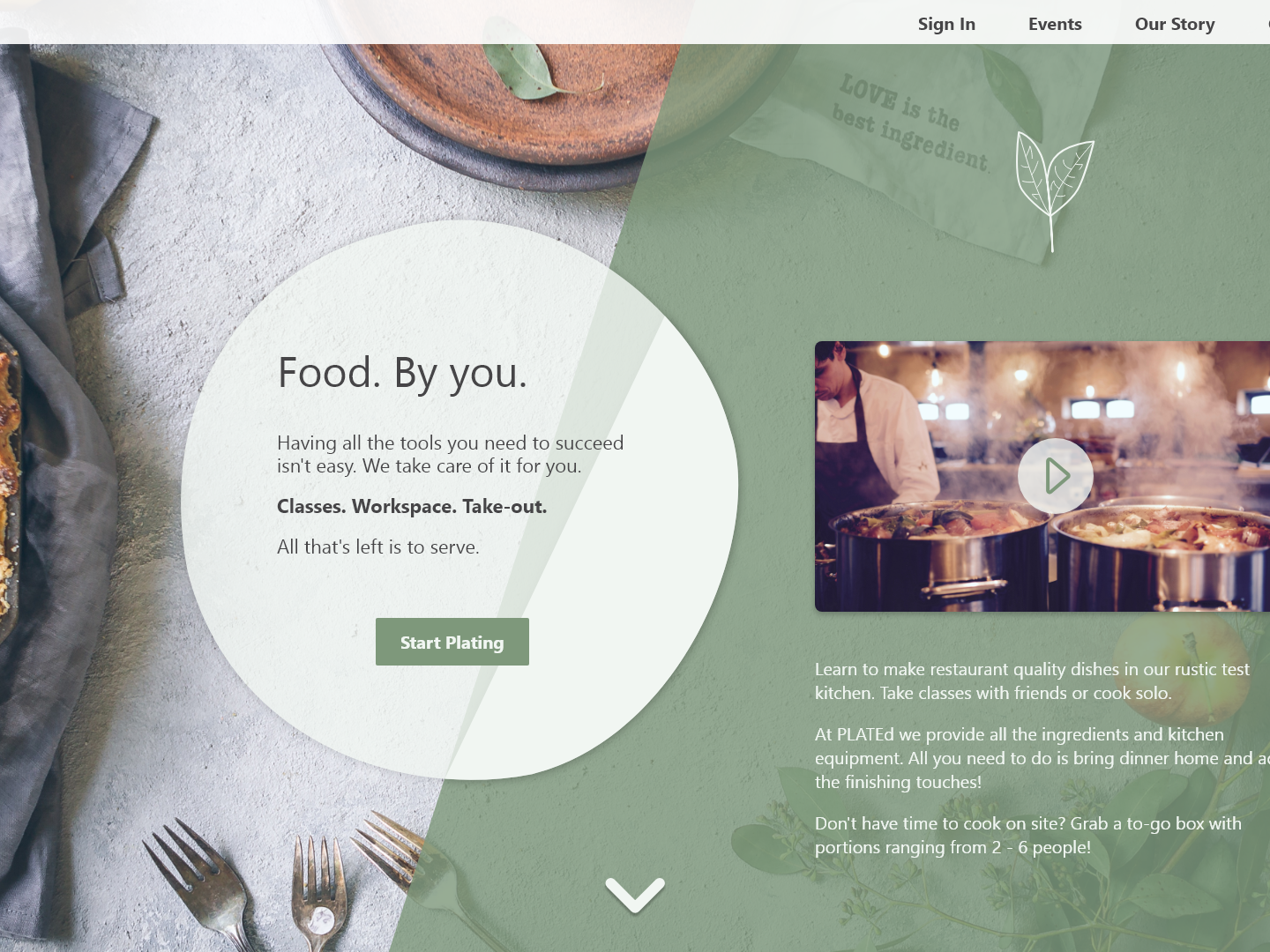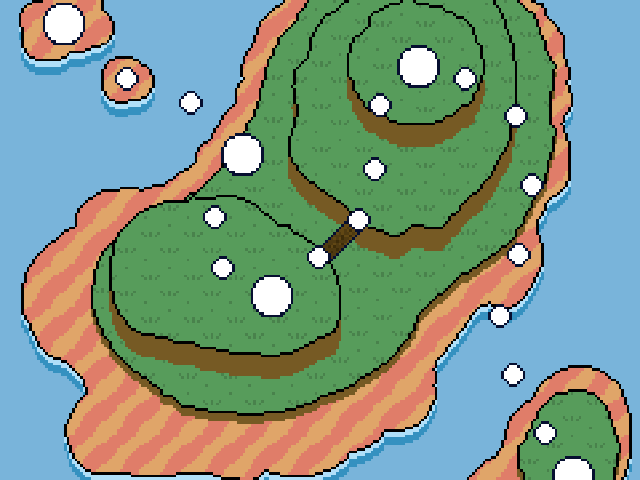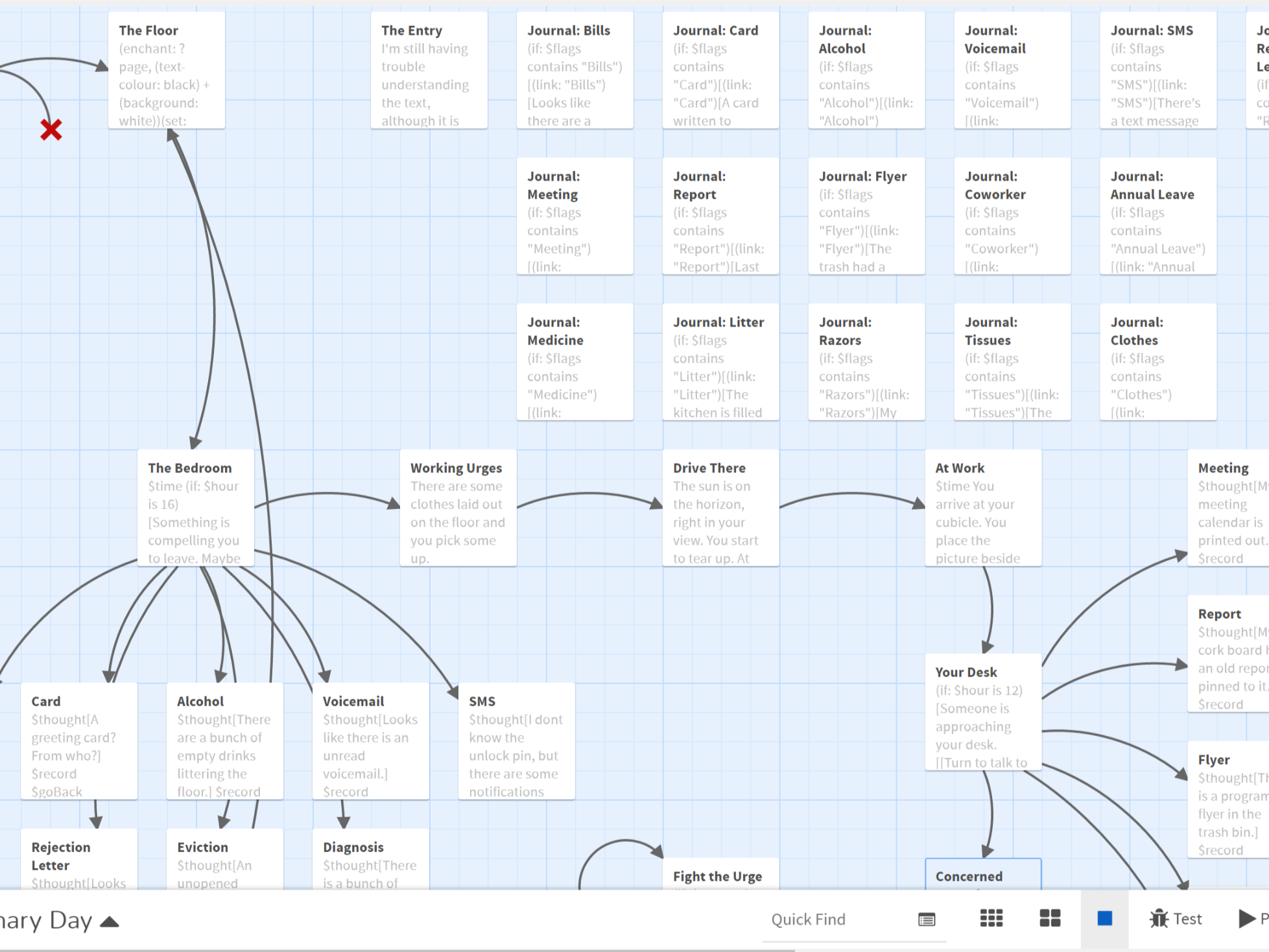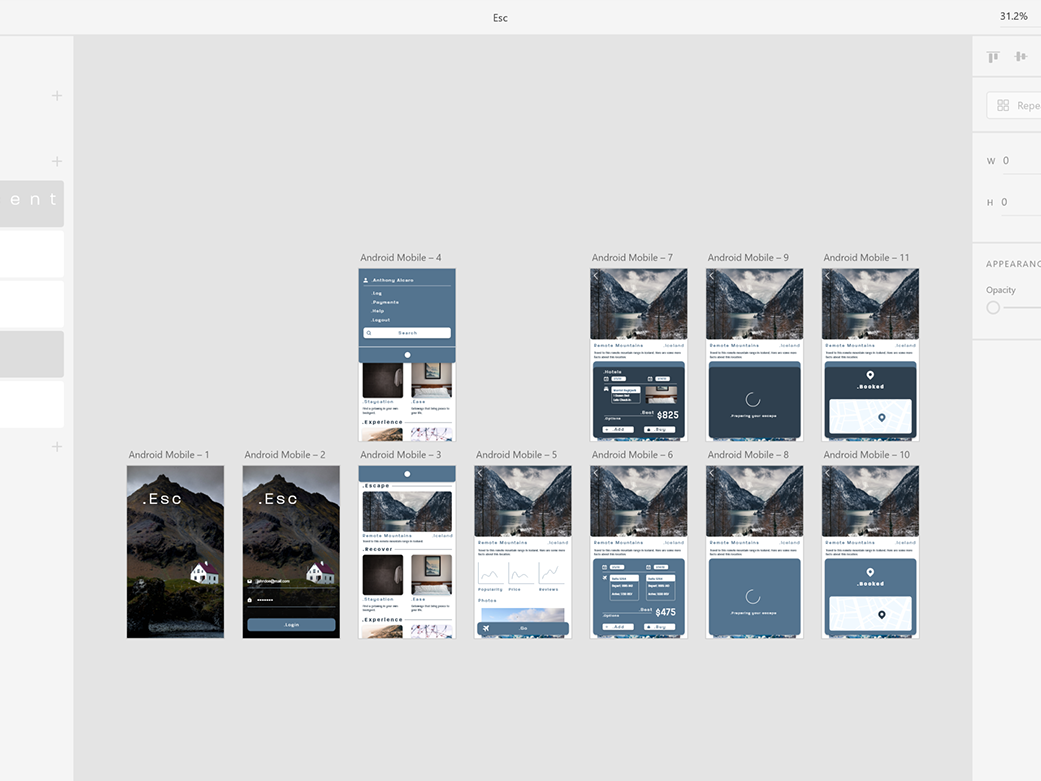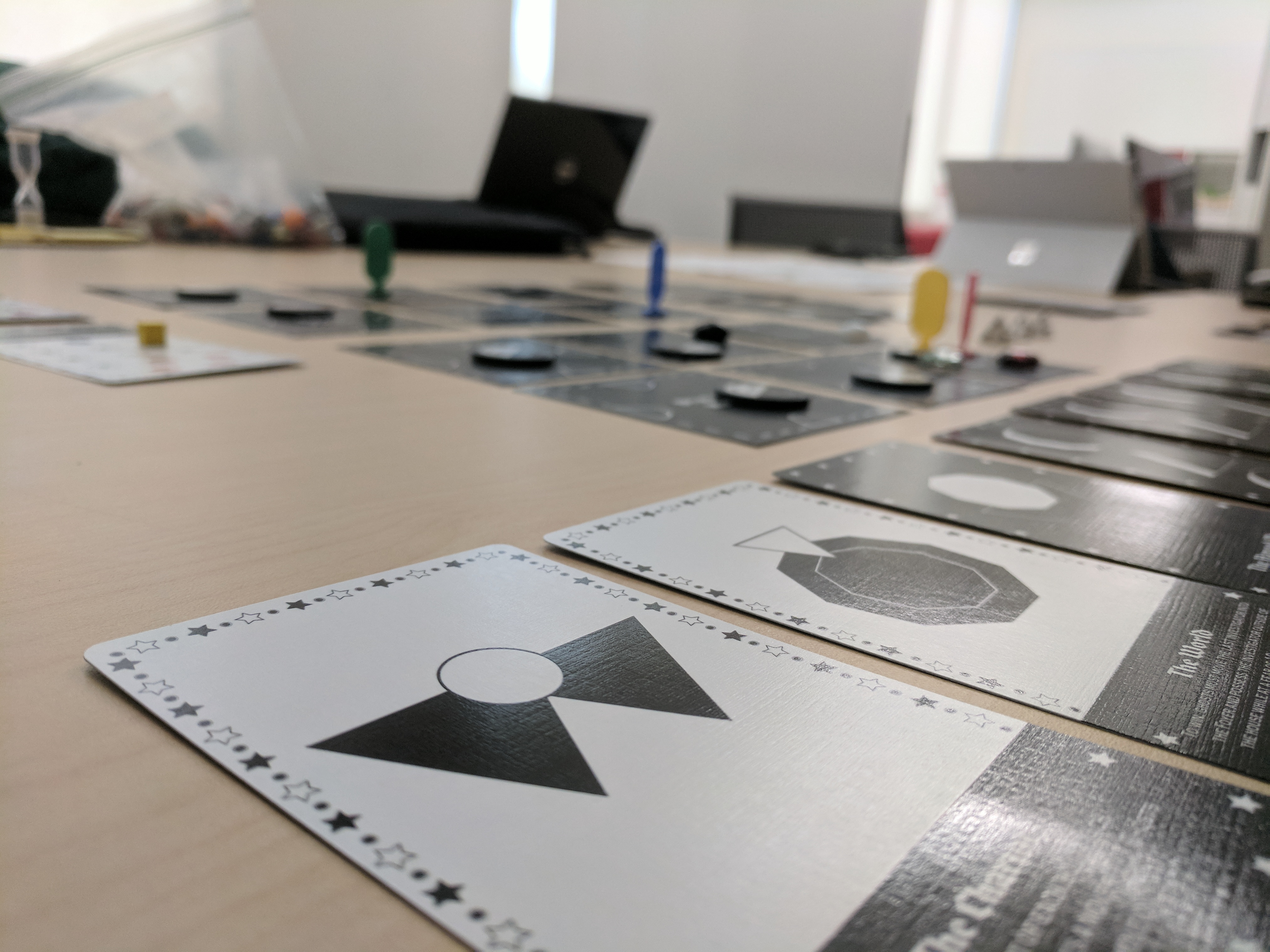American University is already the first carbon neutral campus, but we don't want to stop there. Help your campus go green by doing what you already do!
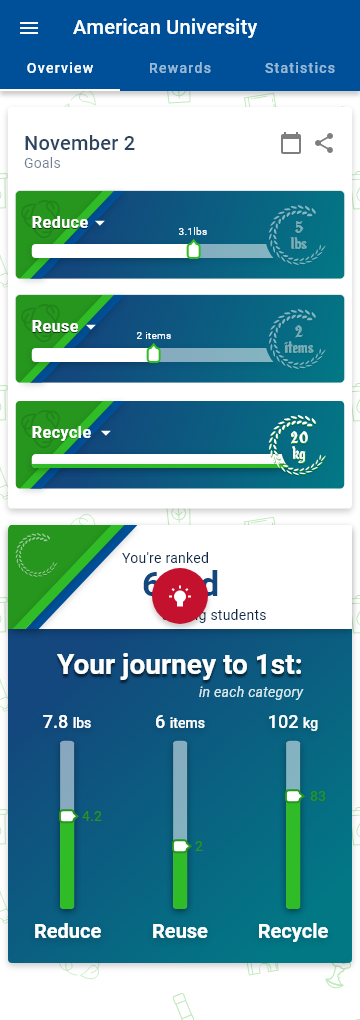


The Story
Did you know 70% of people don't engage in their community's forums? What if you could help out by doing the things you do every day?
Eagle Cause is an application designed to track information already available from your AU student account and transforms your data into something meaningful for The Office of Sustainability to act on.
Learn where the campus needs help and earn monetary rewards for each green milestone you achieve.
Help promote a better planet, a better campus, and a better you.
The Problem
Students aren't motivated to engage with their community for sustainability efforts. They don't feel like their Reduce Reuse, and Recycle actions are meaningful or impactful and have a hard time seeing the larger picture. American University wants to encourage its students to act sustainability and it has the resources, but it doesn't know which areas need the most help.
The Research
As a master's student in the AU GameLab, I'm already familiar with analyzing the affordances of technology and the everyday items around us. While the users for Eagle Cause would be the entire AU campus, I wanted to make sure that this application would interest even the most apathetic of students.
Rules in games are a very important aspect of fun. While you may think they're just getting in the way of victory, a system of constraints can greatly increase enjoyment levels of an activity. Would basketball be any more fun if the players didn't need to dribble the ball? Players within a ruleset find enjoyment of their mastery and of their ability to navigate the rules in a way that benefits themselves.
What's also important to consider is that while rules often make experiences more enjoyable, the mental processing of these rules can also take a toll on the participants. Sure we can make simple calculations when playing UNO to determine the playable cards, but we wouldn't want to calculate the velocity of a pawn when moving it in chess. After talking to students and analyzing their gaming habits, it became clear that sustainability actions are well-defined rules that should be followed, but the complexity of these rules lead to a lack of engagement. In order to help students contribute to AU's eco movement, this app would have to do almost all of the heavy lifting for them.
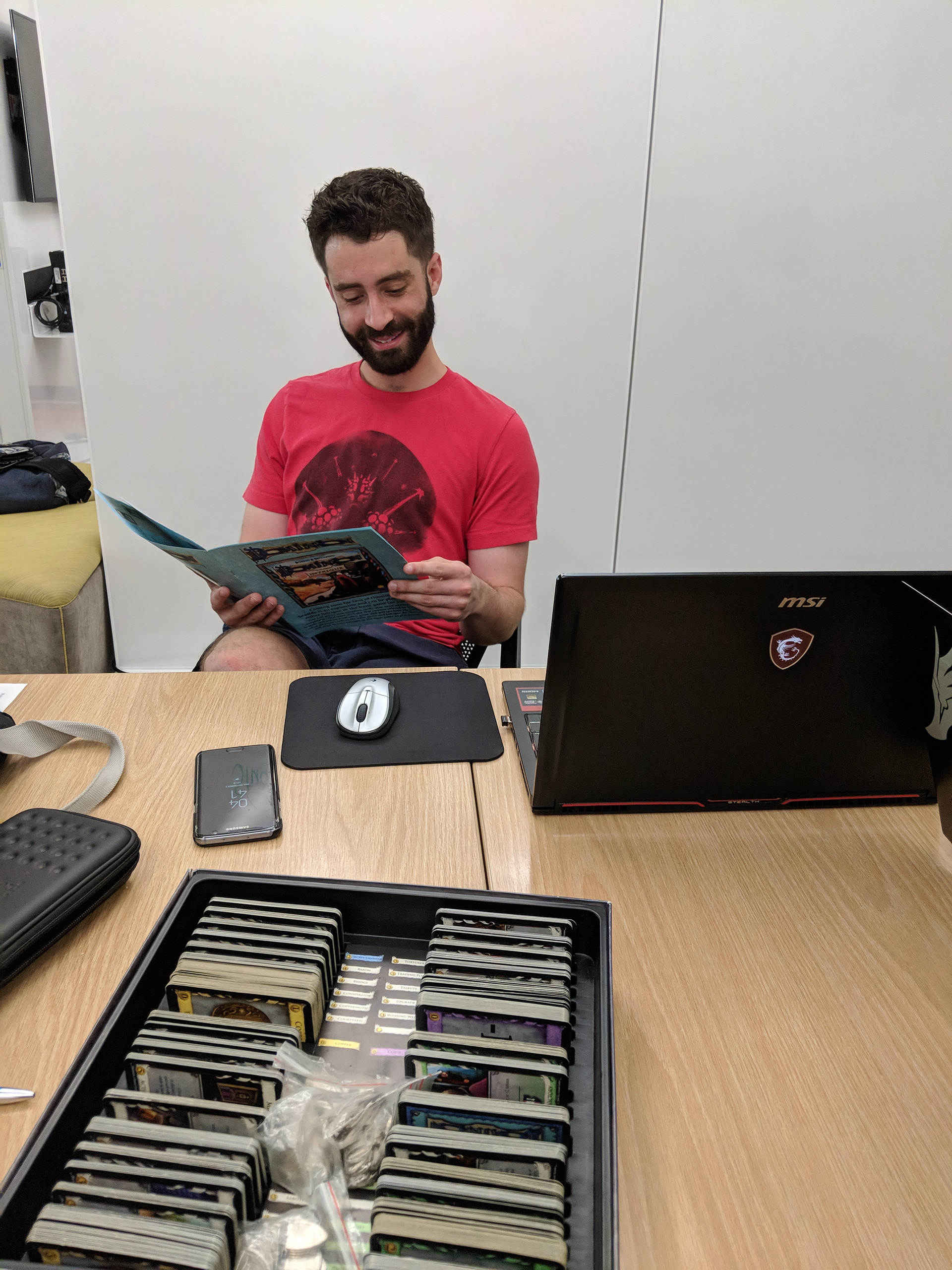
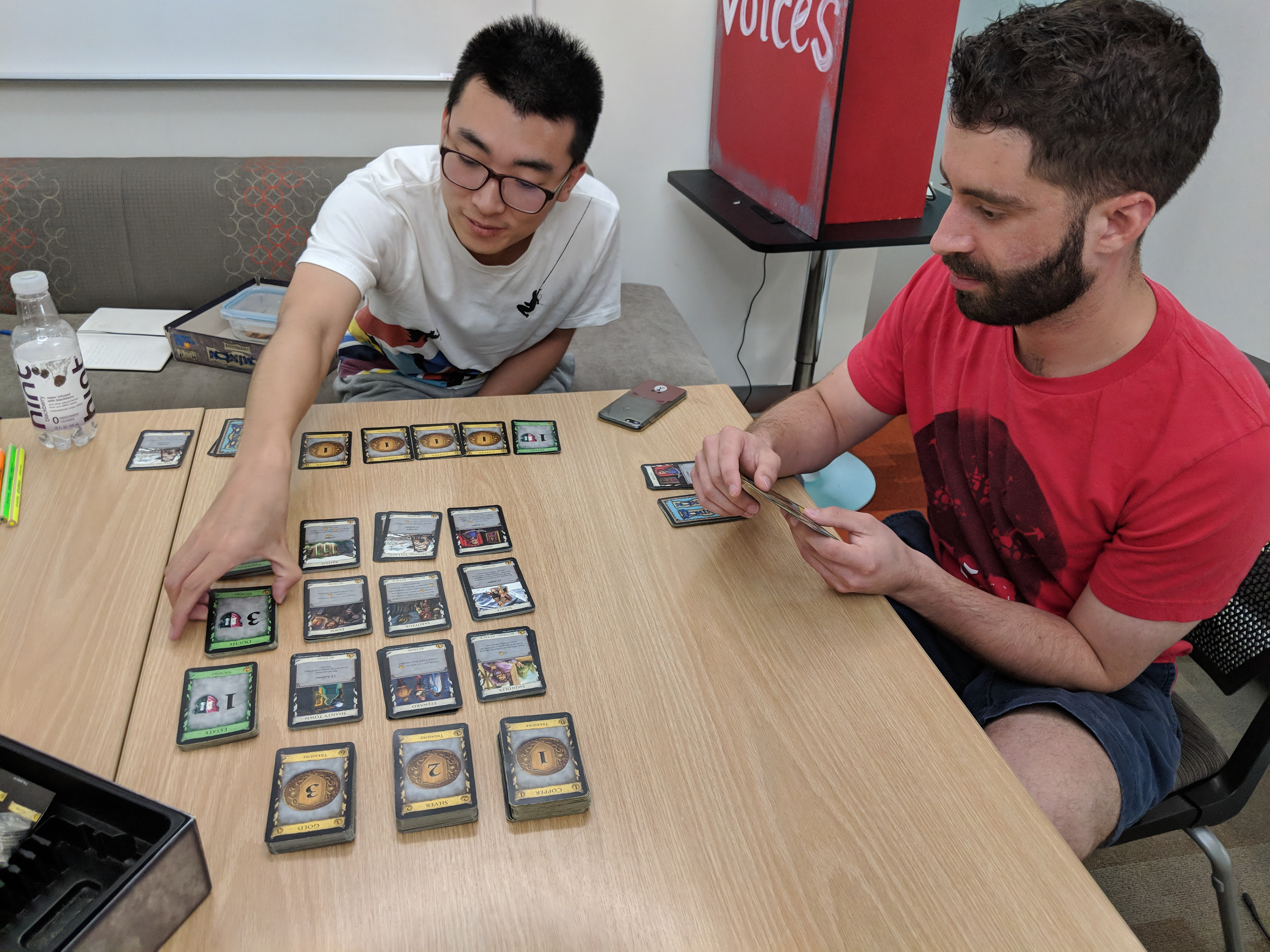
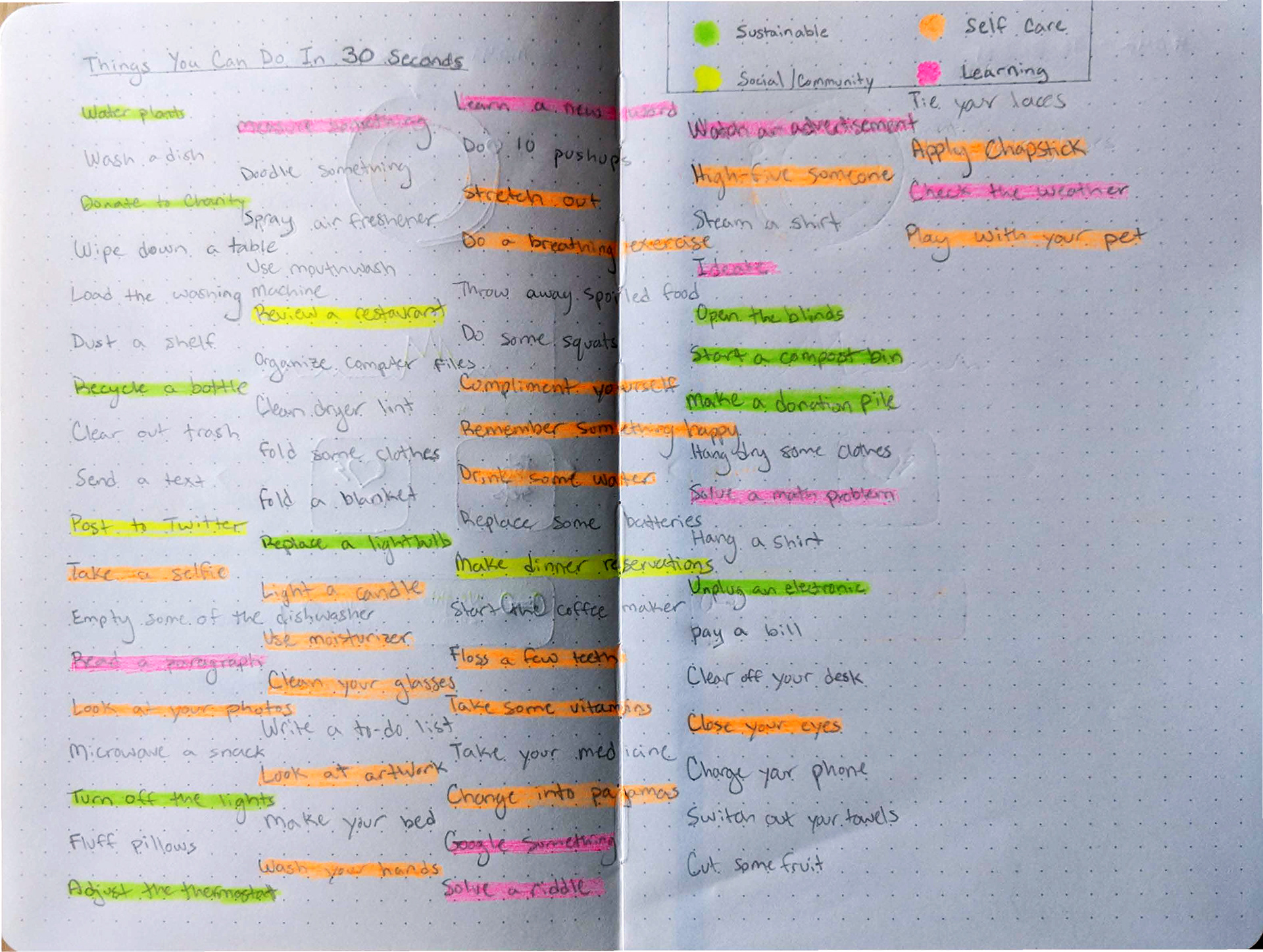
I mapped out a user flow for a few different situations on campus and I created some user personas to guide my product design. Again, simplicity was a key point of analysis, but another major point arose as well - almost every student is in a rush when they likely to make the decision to not be eco friendly.
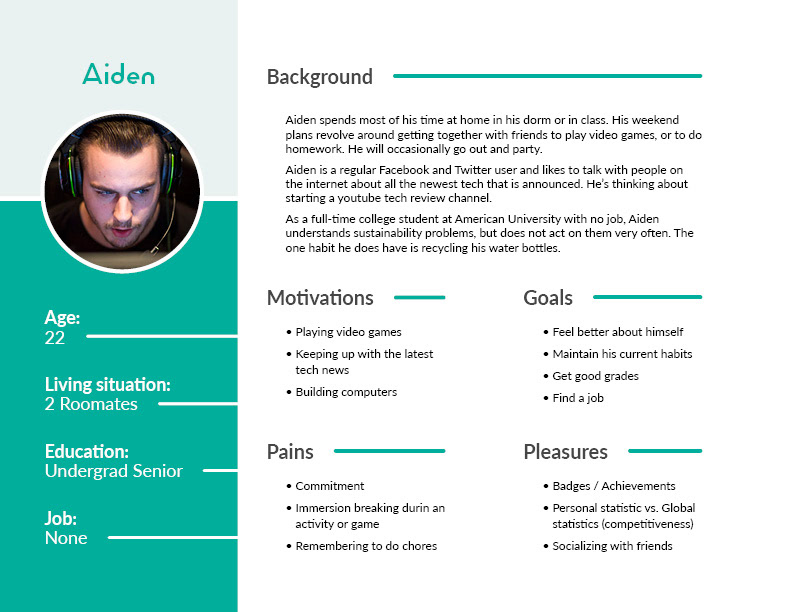
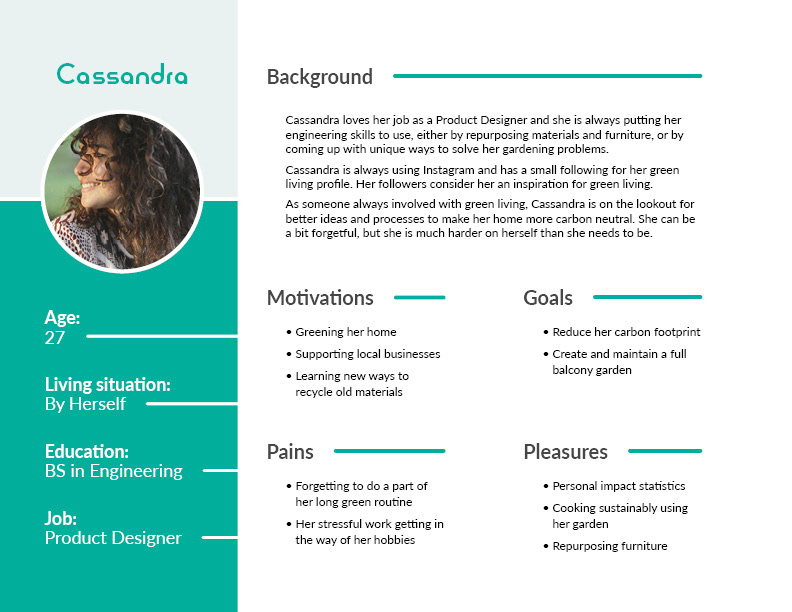
The Paper Prototype
With these points of analysis in mind, I paper prototyped an application that would allow the user to go about their day as normal, but track their sustainability actions from day to day. It would give the users tips based on their location and class schedule, track their rankings based on the campus as a whole, and even offer them on-campus rewards for their effort.

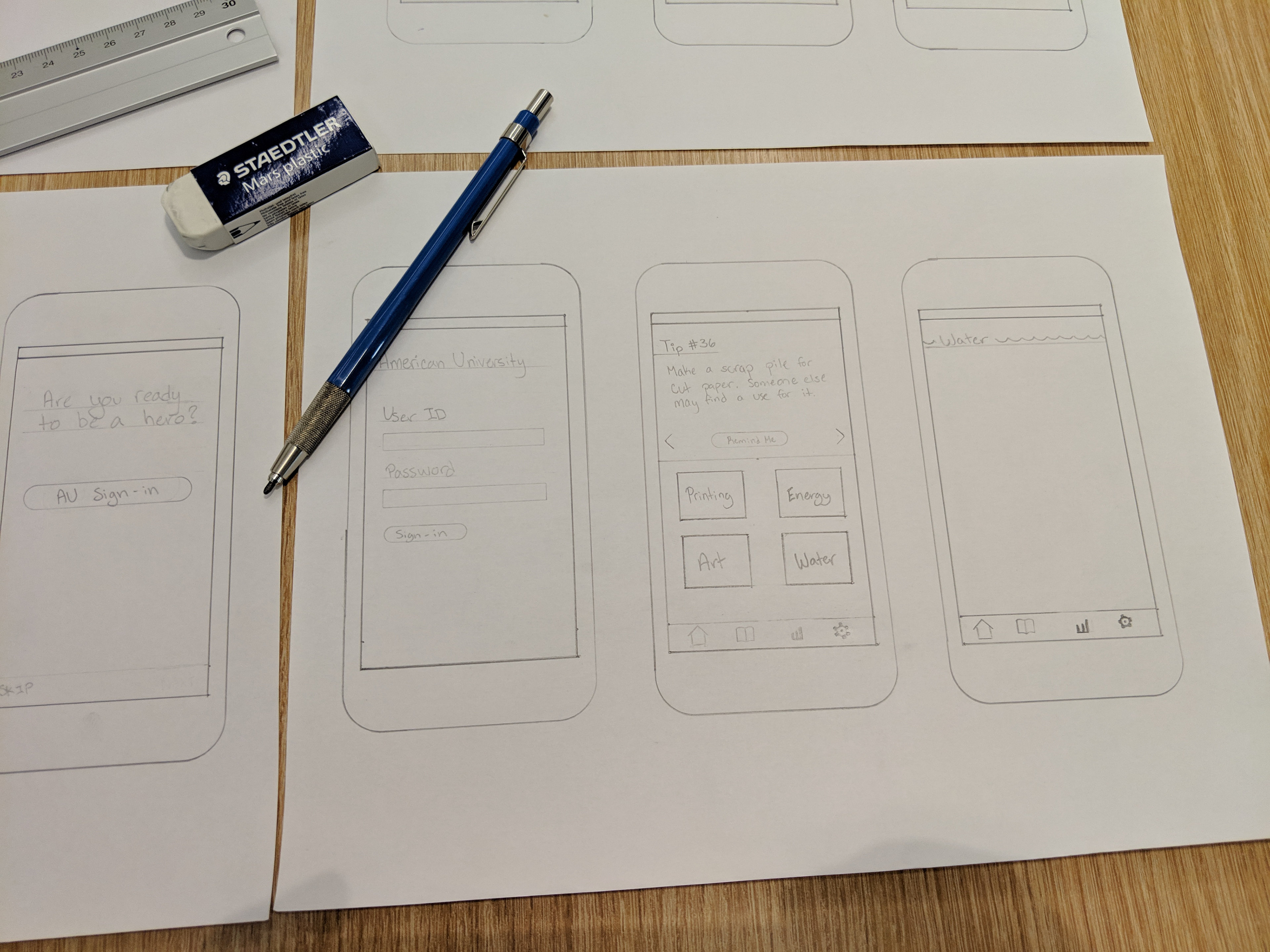
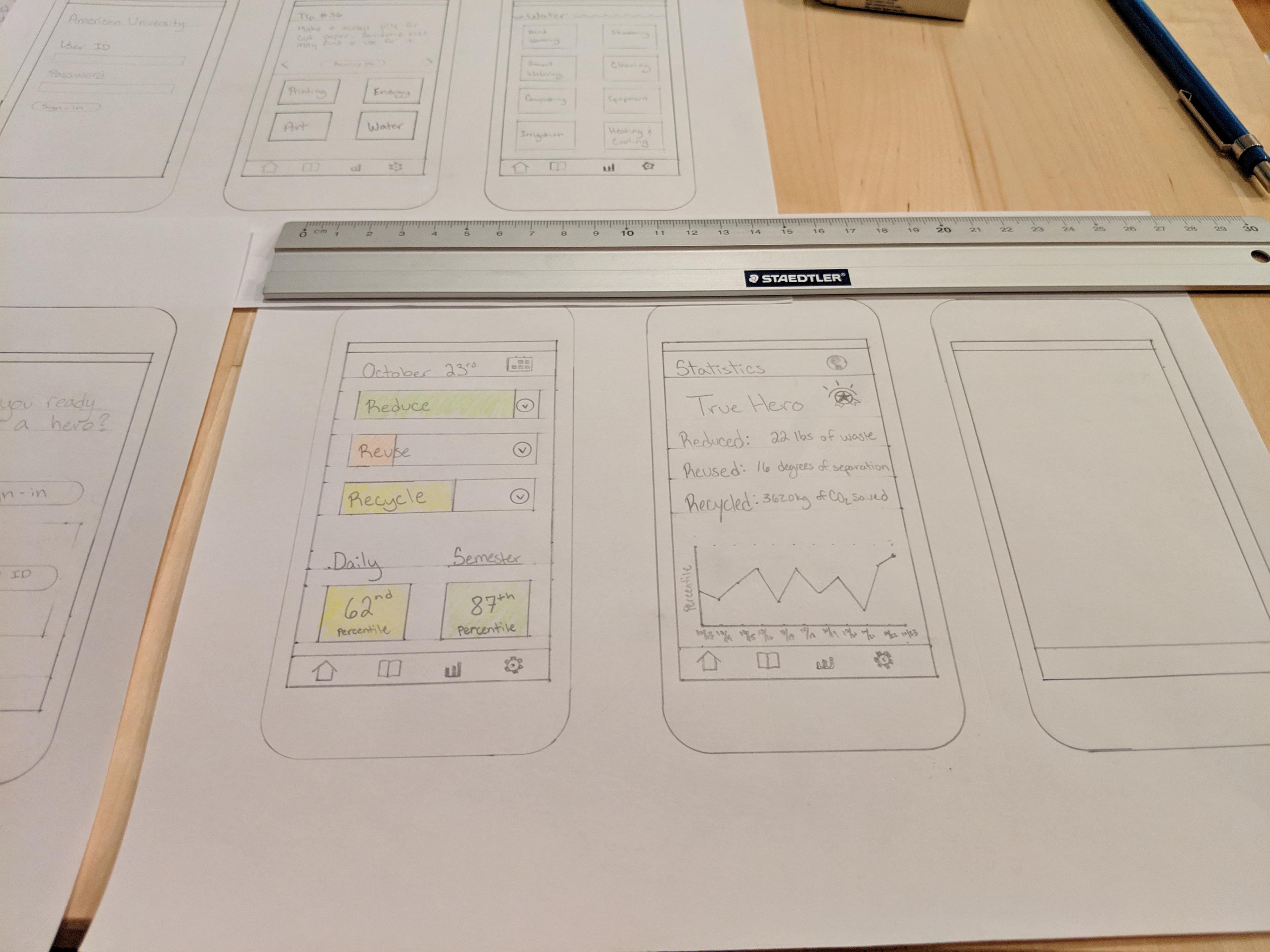
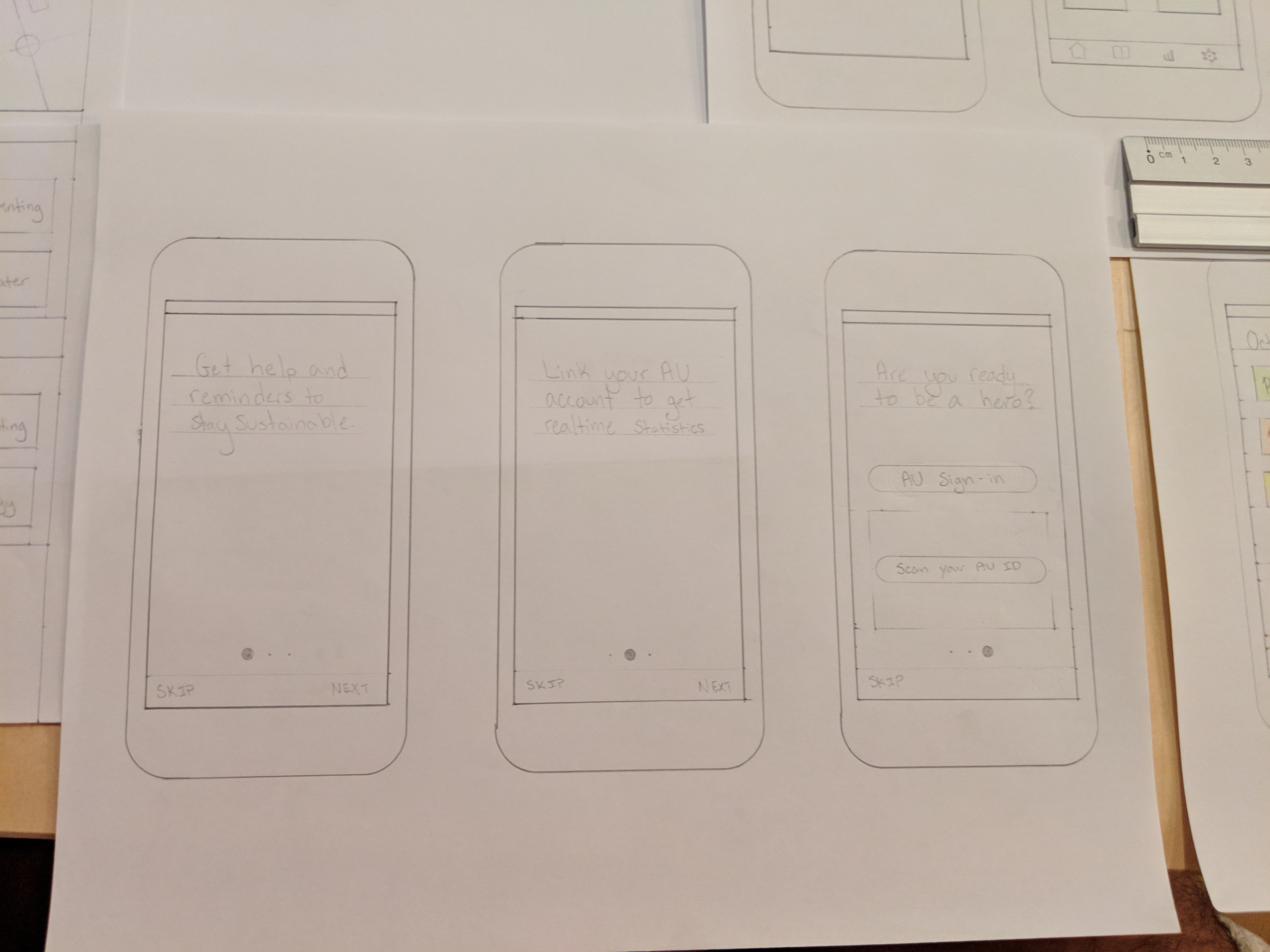

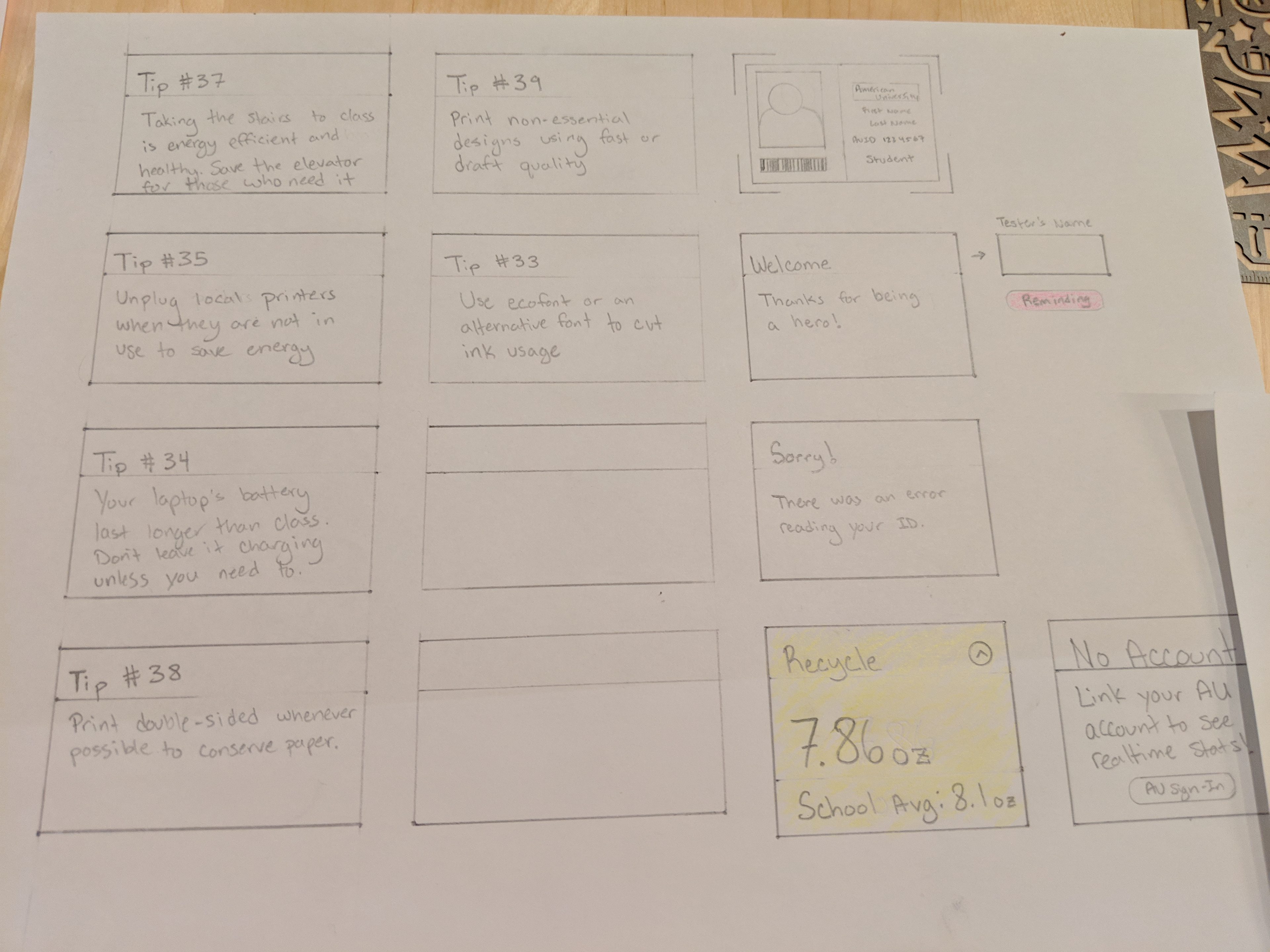
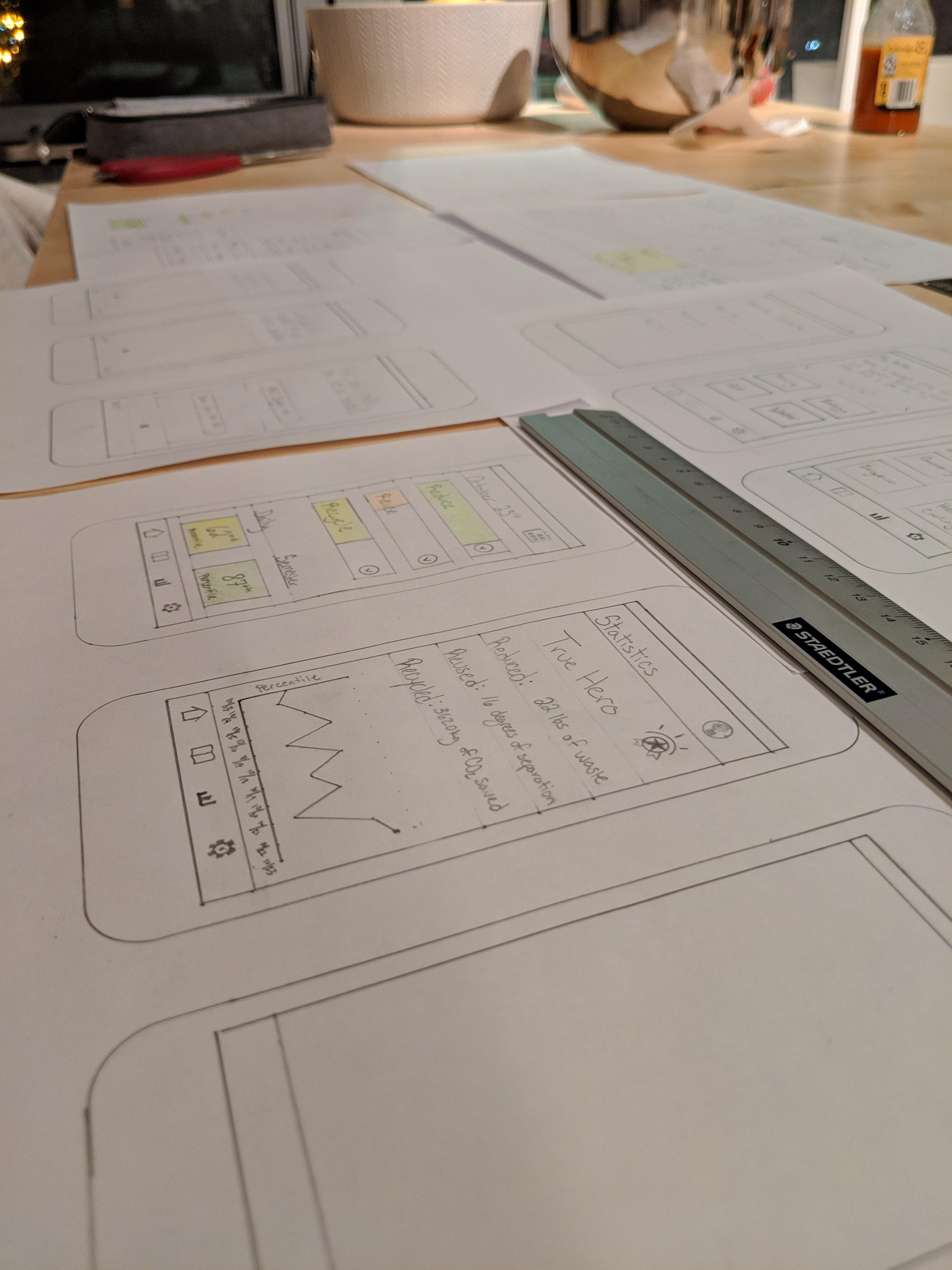
While the user testing went well, there were some clear areas that needed work. Students felt that they wouldn't open the application to view tips, nor would like like getting notifications every day. They did however enjoy the ability to see their ranking and they loved the idea of automatically calculating their actions and saving them for rewards.
The Low-Fidelity Mockups
The application went through 7+ iterations of design, below being the first digital mockup based on the feedback of the paper prototyping tests. Location-based tips were removed and there was a greater emphasis on ranking, daily goals, and rewards.
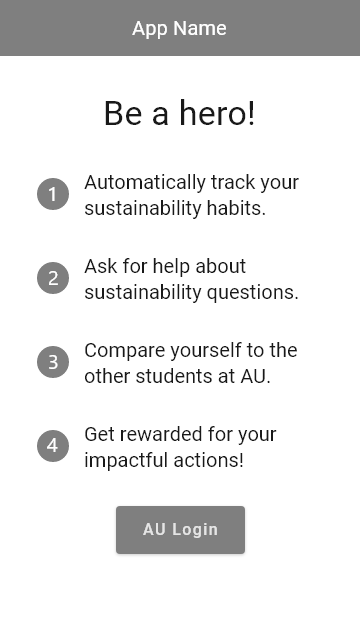
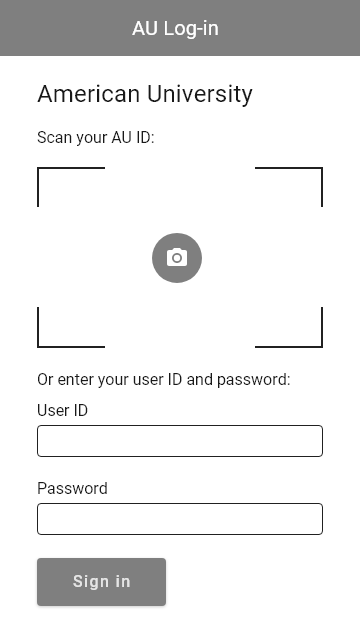
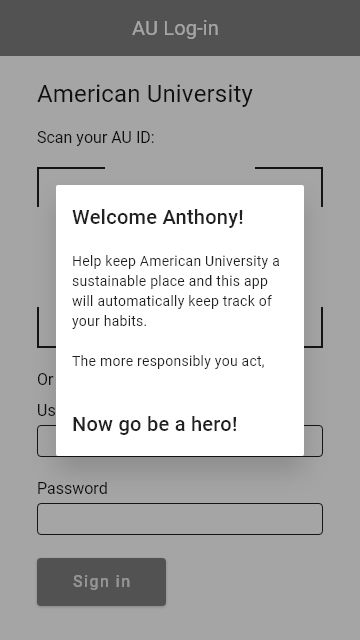
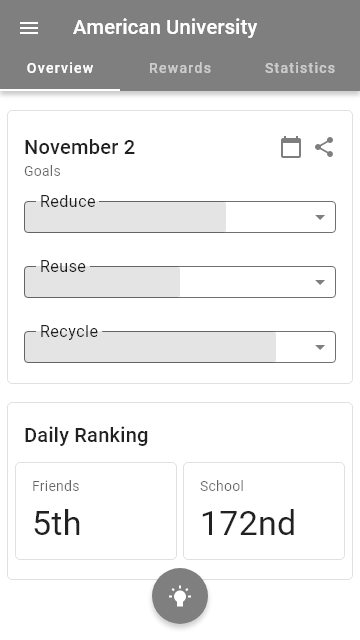
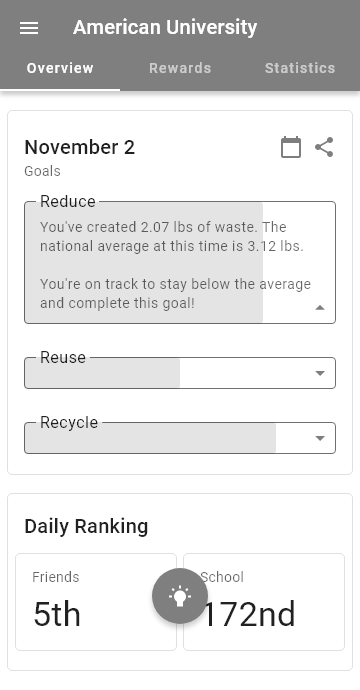
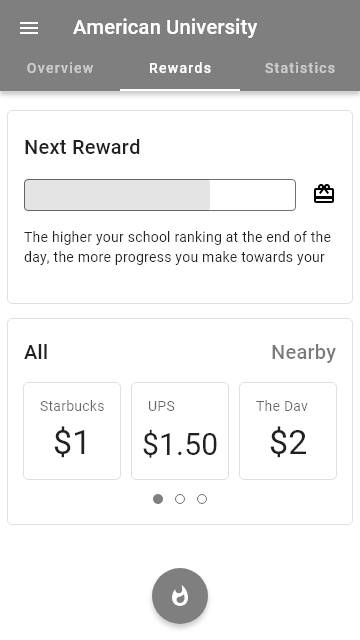
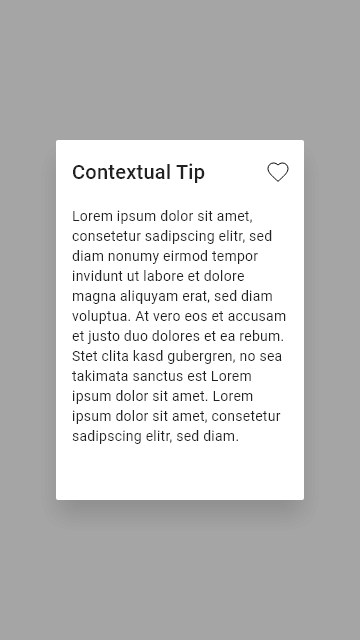
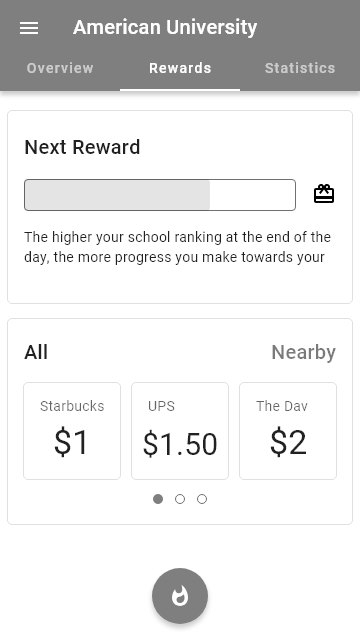
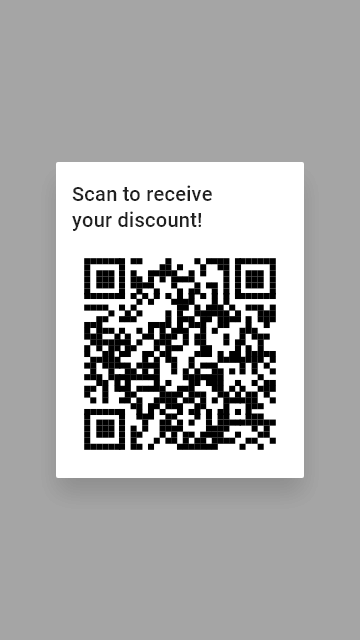
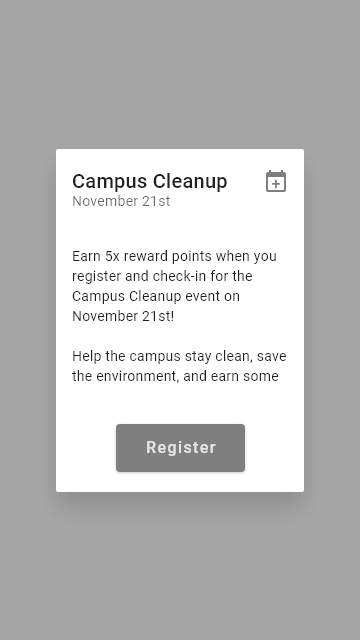
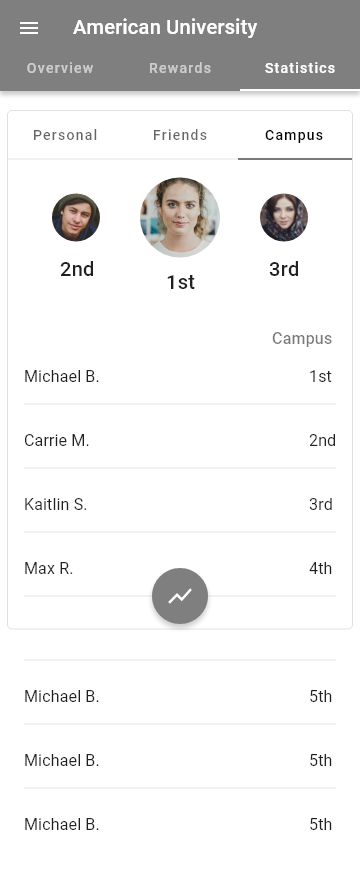
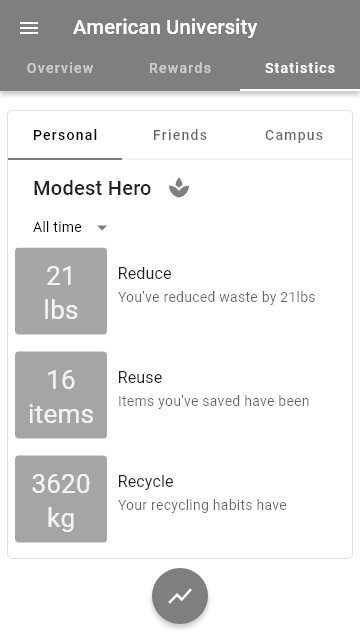
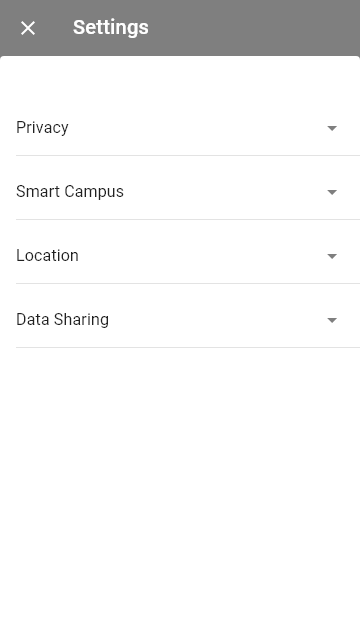
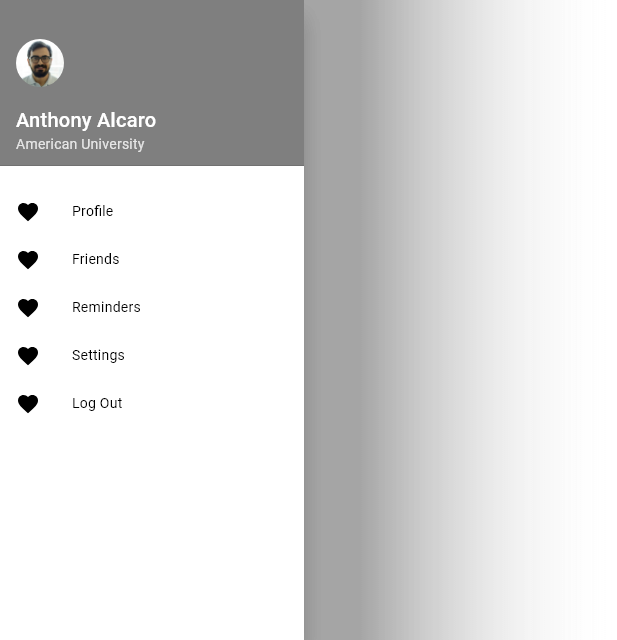
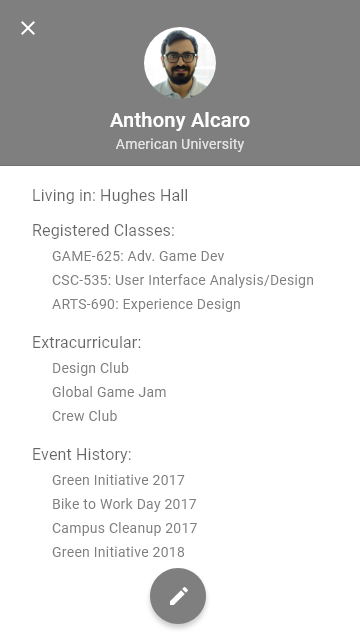
The Solution: Eagle Cause
Eagle Cause tracks students through their My AU account. Since students use these accounts for nearly everything, the application will be able to learn all of their eco-friendly and not-so-friendly habits. Whether it be improper recycling, or putting too little in for a load of laundry, The Office of Sustainability will be able to use your data to make impactful changes to your campus. In addition, as students learn to be more aware of their actions, they can earn rewards for on-campus stores and in their local community.
Keeping so much information clear and consistent was a struggle, but the application prototype covered almost all of my goals for the project. It conveyed information at a glance, kept confusion to a minimum, and provided ways to help both the students and the school.
Here you can find a walk-through off the application prototype and screenshots:
